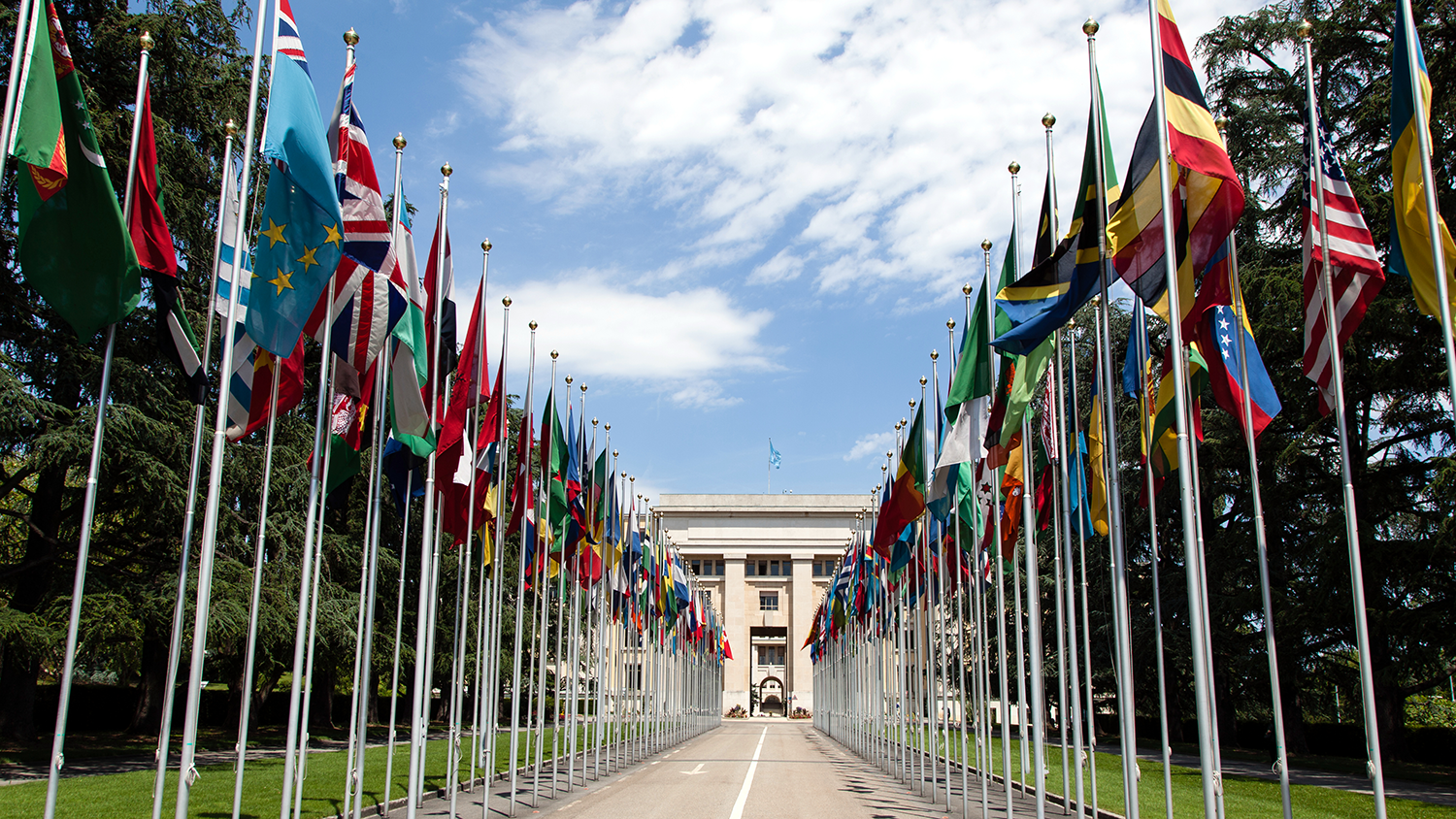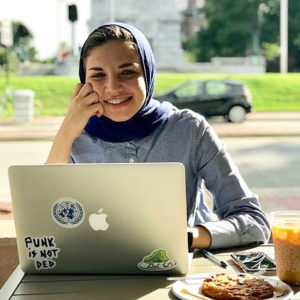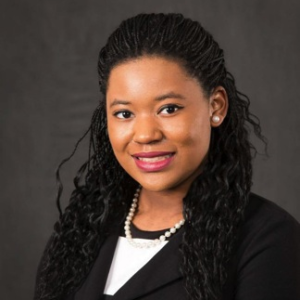
After a competitive application process open to NC State students, juniors Sara Darwish (social work and Arabic) and Jada Hester (business administration and international studies) have been named WomenNC Scholars for the 2018-2019 academic year.

Celebrating the 10th anniversary of the program, WomenNC — a local non-profit committed to finding solutions to advance women’s human rights and gender equality — chose 10 scholars from colleges across North Carolina to participate in the Juanita M. Bryant United Nations Commission on the Status of Women (CSW) Leadership Training Program. Other scholars hail from Bennett College, Duke University and UNC Chapel Hill.

The program is a unique opportunity for students to research an issue facing women in North Carolina and develop specific recommendations to influence local, state and global policymakers and stakeholders. The program provides scholars with training and networking platforms to mobilize and influence their peers and respective communities to understand and value women’s human rights and to develop critical partnerships with organizations and mentors who help support the scholars.
At the conclusion of their fellowship, the scholars will present their research findings to audiences at WomenNC’s Annual Local-to-Global Forum on February 28, 2019, the United Nations Commission on the Status of Women in March and the NC State Gender and Equity Research Symposium on April 16, 2019. In addition, their research will form a foundation for gender analysis as part of the Convention on the Elimination of All Forms of Discrimination Against Women (CEDAW) initiative, which works to advocate for policy change and budget allocations within local governments in North Carolina cities and counties.
Darwish and Hester are supported at NC State by the Office of Global Engagement, the Office for Institutional Equity and Diversity, the Division of Academic and Student Affairs, the College of Humanities and Social Sciences and the Poole College of Management.
To get a better sense of what they hope to accomplish during the year, the Women’s Center interviewed the scholars to learn more. Responses have been edited and condensed for clarity and length.
Tell us a bit about the research you’ll be conducting.
Sara Darwish: I’m researching the status of menstruating students and the role of institutions of higher education in their lives. My paper uses NC State as a case study to understand how menstruation affects students’ academic experience, and what universities and colleges can do to make sure that this monthly experience is not a barrier to educational access. I’m also looking at how being a student can create barriers to accessing menstrual hygiene products and how those barriers can be overcome.
Jada Hester: Durham, North Carolina currently has the lowest gender pay gap in the nation, when looking at the aggregate level. However, when looking at disaggregated data, we find a different story altogether. I am looking to explore why this level of progress has not continued with respect to women in minority populations. Some of the nuances I will be exploring on this topic include: defining the diversity of “struggling” minorities, examining the variances of abuse of power in the workplace and measuring the long-term effects of pay inequality.
What do you hope to gain from this experience and what do you hope the university community will gain from your experience?
Darwish: In the process of researching and writing about my topic, I hope to gain a more encompassing perspective on the experiences of menstruating students and what it means to belong to that community. Through this process and the workshops, I’m also hoping to become a better researcher and speaker to best serve the communities I collaborate with. As for the university, I hope our NC State community is able to use the work I’ve done to create a more intersectional, welcoming campus that provides better resources to its students. Due to the nature of having a large student body and being a PWI, or predominantly white institution, so many narratives and perspectives are being lost in the shuffle. Hopefully my work can shed light on some of those experiences and spur conversations that create spaces for more campus members to share their stories.
Hester: The main thing I hope to gain from this experience is practical and applicable research experience. I’ve aided in formal research before. I have also encountered some minor and informal forms of research in the past. However, I have never conducted my own original research from start to finish before. I also hope to gain a better perspective and handle on some of the current issues facing North Carolina women and explore how these issues are amplified on a global scale.
What are you most excited about with respect to this fellowship?
Darwish: I can’t wait to present at the United Nations! International relations has always been a great interest of mine (I currently serve as vice president of Model UN at NC State), so to have the opportunity to interact with those doing similar work to mine, both nationally and abroad, is very exciting.
Hester: I am most excited about presenting my research in the future. I am always trying to improve my public speaking skills and inform my community on pertinent issues. The WomenNC Leadership Training program allows me to do both. Naturally, I am excited to travel to New York City and the United Nations and see the nationwide progress of CEDAW. I am also looking forward to building lasting relationships and networking with my fellow scholars, mentors, community leaders, program directors, campus contacts and general audiences.
Janine Kossen is associate director of the Women’s Center.